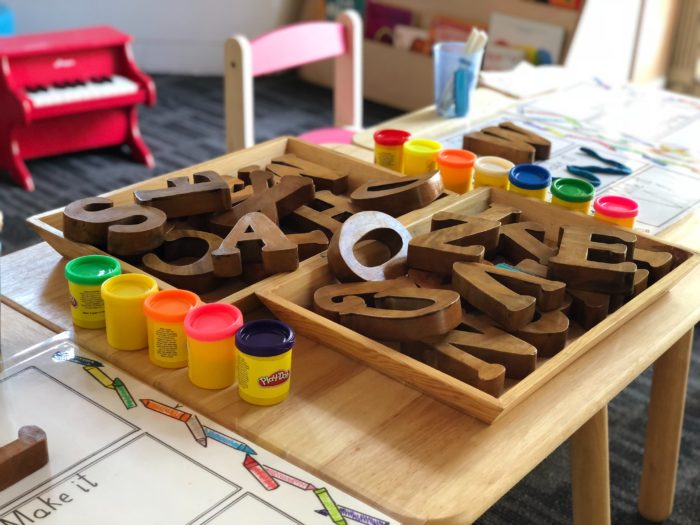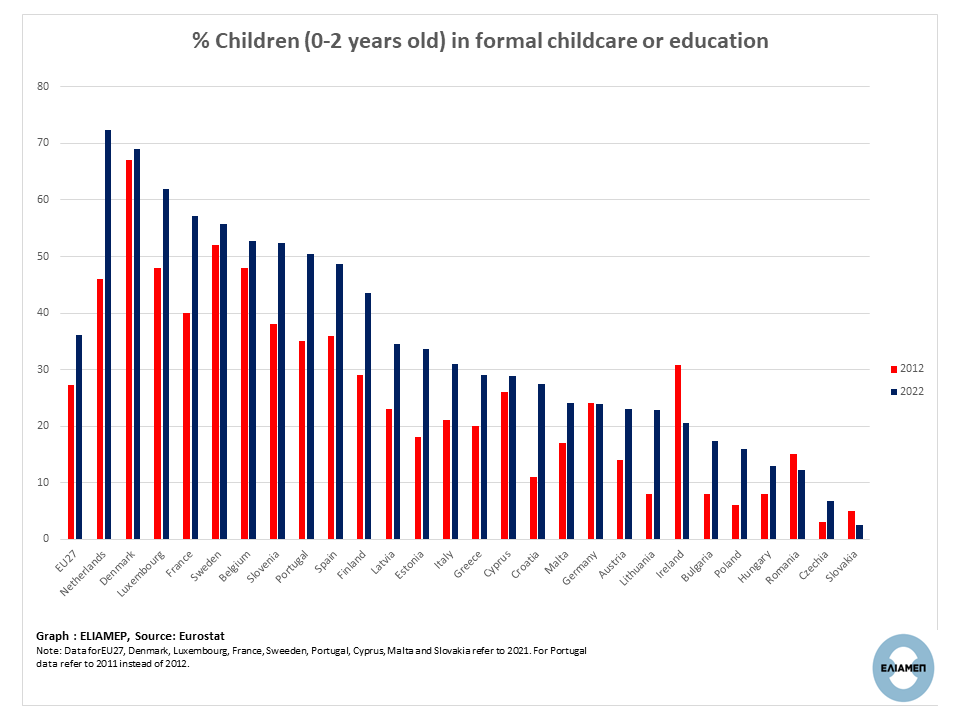Economists and teachers around the world agree that investing in early childhood education generates great returns on human development and children’s personality: socialization, development of informal skills (respecting others and working with them), reduction of antisocial behaviors, improved academic performance, better performance (that lead to higher employment rate, higher average wages) in the labor market. Also, expanding access to early childhood education reduces inequality because it contributes to improving skills and human capital development of children from socio-economically disadvantaged backgrounds even before school entry.
As James Heckman (Nobel Prize in Economics 2000) has calculated, if all the benefits mentioned above are taken into account, public investment in early childhood education has a higher rate of return than any other public investment.
For this reason, the European Pillar of Social Rights lists 20 social rights that all EU citizens should enjoy, of which 11 states that: “Children have the right to affordable early childhood education and care of good quality.”
Already in 2002, the European Council adopted the Barcelona objectives, according to which Member States are required to ensure that 33% of children aged 0-2 years and 90% of children aged 3-5 years participate in early childhood education and care.
These targets have been achieved in the EU on average. Indeed, in 2022 the percentage of children aged 0-2 years participating in early childhood education reached 36.2% (from 27.3% in 2012). However, there are significant differences between Member States. In the Netherlands, the participation rate in early childhood education in the 0-2 age group was 72.3%. In Slovakia, just 2.5%.
Our country has made significant progress. In 2022, 29.1% of children aged 0-2 years in Greece participated in early childhood education. In 2012, the corresponding figure was 20%.
The Netherlands stands out among the countries that made the most progress: from 46% in 2012 to 72.3% in 2022, a difference of 26.3 percentage points. Another eight countries – France, Portugal, Finland, Luxembourg, Croatia, Slovenia, Estonia, and Lithuania) achieved large increases (from 14 to 17 points) in the percentage of children aged 0-2 participating in early childhood education. The participation rate in early childhood education in the 0-2 age group fell in Romania, Slovakia, and especially in Ireland (from 31% in 2012 to 20.6% in 2022).
According to a recent study which focuses on five EU member states, the Recovery and Resilience Facility (RRF) represents a unique opportunity for member states to expand the offer of early childhood education and care services. But while Italy and Spain use the Fund’s resources to increase the provision of early childhood education services and reduce internal disparities between advanced and not advanced geographical divisions, Portugal and Germany are using these resources to increase spending on childcare, but without any attention to the distributional impact, while in Slovakia (the laggard in Europe, as discussed above) is not planning to use the resources of the Recovery Fund in investing in early childhood education.
In Greece, the National Recovery and Resilience Plan foresees investments the creation of childcare units within large companies and subsidising the starting/creation of new early childcare centers or of new places in existent childcare centers for babies from 2 months to 2,5 years old as well as the development of a comprehensive curriculum and program for schools aiming at the cognitive development of infants from 3 months to 4 years. Other initiatives, such as the means-tested early childhood education and care subsidy scheme, are co-financed by Community and national funds.
Upgrading public policies to reconcile family and professional responsibilities is very important for increasing female employment and for supporting young couples to realize their plans to start a family. Funding for early childhood education is crucial but must be also accompanied by policies aiming at a smooth transition of the toddler’s out-of-home day care: adequate maternity and paternity leave, employment that allows parents to return initially to part-time or flexible working from home during the critical first months of the life of the toddlers, etc. It is noted that in the countries that provide extensive support for families with children through policies aiming to reconcile work and family life, female employment and fertility rates reach higher levels. On the contrary, for both indicators, Greece has one of the lowest rates in the EU.




